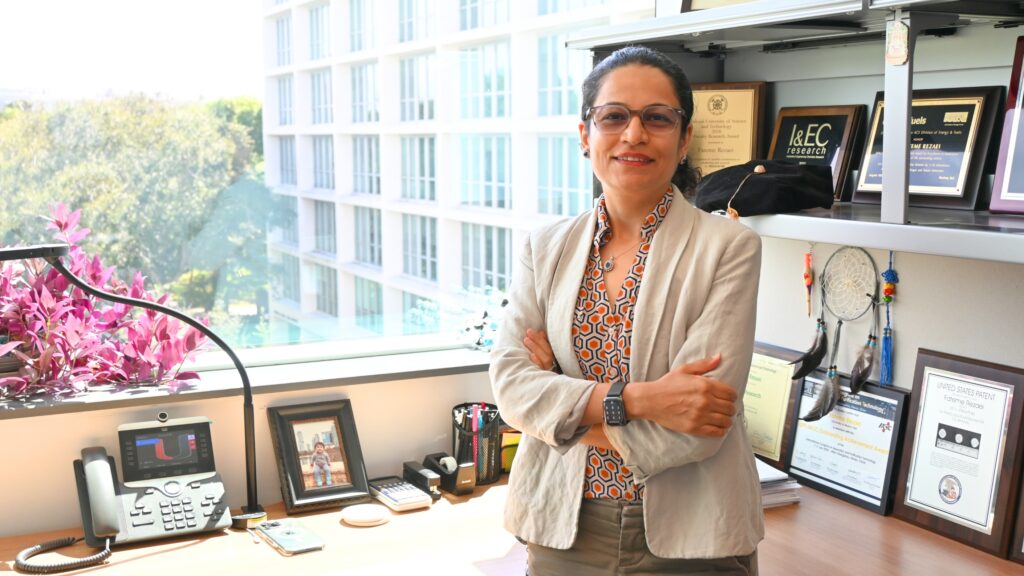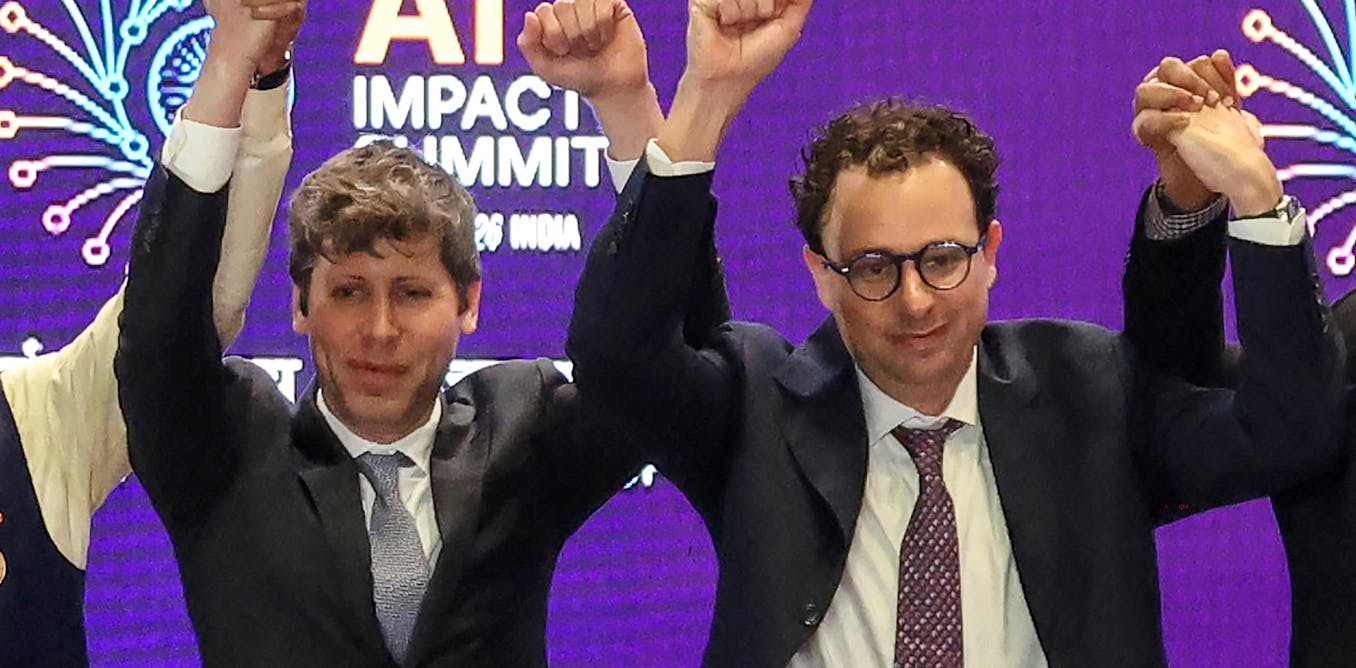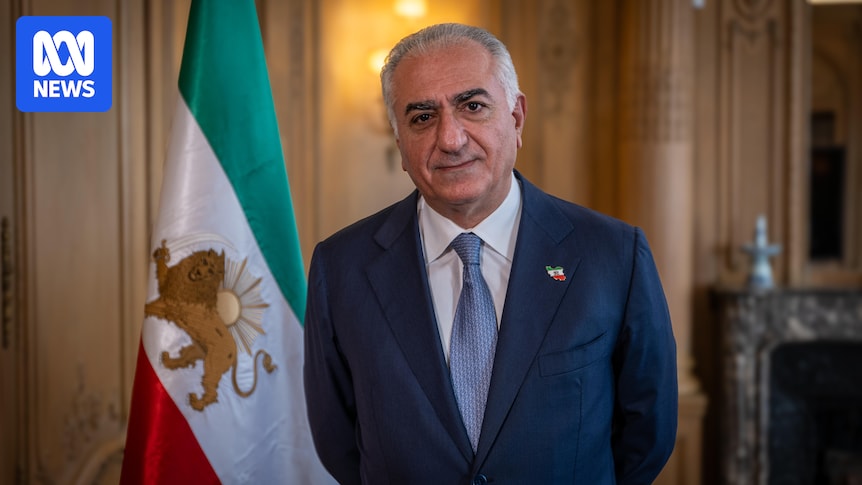
In a groundbreaking move for industrial sustainability, researchers at the University of Miami are pioneering advanced materials to enhance gas separation and purification processes. These developments aim to capture valuable chemicals from emissions, reducing environmental harm and boosting industrial efficiency. The initiative, led by Professor Fateme Rezaei, is gaining momentum with a substantial $650,000 federal grant from the U.S. Department of Energy’s Office of Basic Energy Sciences.
Professor Rezaei, a leading figure in the Department of Chemical, Environmental, and Materials Engineering, focuses her research on materials capable of trapping and separating specific gases at the molecular level. Her team operates within the Adsorption and Separation Research Lab, exploring the potential of porous materials that act like microscopic sponges. These materials are pivotal for applications such as carbon capture and industrial purification, offering a promising avenue for reducing waste and enhancing operational efficiency.
Exploring Covalent Organic Frameworks
The project centers on a novel class of materials known as covalent organic frameworks (COFs). Composed of lightweight elements, COFs are both durable and highly porous, with a structure that can be customized at the atomic level. This customization provides researchers with a powerful tool for separating and storing gases, potentially transforming industrial processes.
While COFs have shown promise in laboratory settings, the challenge lies in their application to real-world industrial environments. Professor Rezaei, alongside co-principal investigator Professor Chris Wilmer from the University of Pittsburgh, is investigating how these materials perform when exposed to complex gas mixtures typical of industrial settings. In such environments, multiple gases often compete for the same spaces within a material, impacting its efficiency.
Advanced Techniques and Collaborative Efforts
To address these challenges, the research team is employing a combination of advanced experimental techniques and high-precision computer modeling. Techniques such as infrared spectroscopy, neutron scattering, and nuclear magnetic resonance are being used to gain a detailed molecular understanding of gas interactions within COFs. This comprehensive approach aims to elucidate how gases move, interact, and bind within these materials, influencing their performance and stability.
Professor Wilmer’s expertise in computer modeling complements the experimental work, providing a robust framework for predicting material behavior under various conditions. This collaborative effort bridges molecular-level science with practical engineering, demonstrating how innovative materials can lead to significant improvements in industrial efficiency.
Implications for the Future of Industry
The implications of this research are far-reaching. By improving the efficiency of gas separation and purification, industries can lower energy costs, reduce waste, and create cleaner manufacturing processes. This aligns with global efforts to reduce carbon footprints and promote sustainable practices across various sectors.
According to industry experts, the development of COFs could herald a new era in industrial gas management. As Professor Rezaei notes,
“The ability to customize materials at the atomic level opens up unprecedented possibilities for industrial applications. This research not only advances our understanding of material science but also paves the way for more sustainable industrial practices.”
Looking Ahead: The Path to Industrial Transformation
The research at the University of Miami represents a significant step forward in the quest for smarter materials and more efficient industrial systems. As the project progresses, it is expected to influence the design of next-generation industrial systems, offering a blueprint for reducing environmental impact while maintaining economic viability.
The Department of Energy’s investment underscores the importance of such research in achieving national and global sustainability goals. As industries continue to seek ways to operate more sustainably, the work of Rezaei and her team could provide critical insights and solutions.
In conclusion, the advancement of COFs and similar materials holds the potential to revolutionize industrial processes, making them more efficient and environmentally friendly. As research continues, the hope is that these innovations will lead to tangible improvements in industrial practices and contribute to a more sustainable future.






